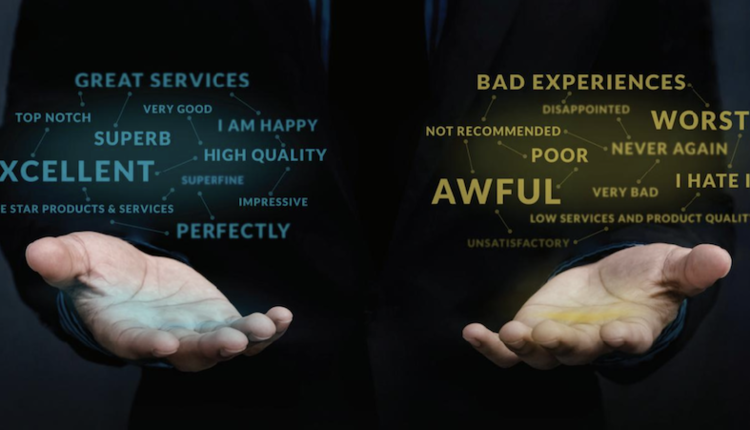
Image by: molchanovdmitry, ©2018 Getty Images
One of the topics critical to your success in 2019 and beyond will be the integration of technologies. Even more important, we must find ways to foster collaboration between the teams that use these various systems throughout the organization. Looking at the upcoming sessions for the 2019 DOCUMENT Strategy Forum (DSF), it became apparent that these topics are designed to do just that—to gather people and technology in one place to prepare for the future together.
The themes presented at DSF '19 this year will focus on the practical application of ideas that were buzzwords only a few years ago. While the topics themselves are interesting and timely, it is also important to connect the dots between them. For example, the topics of building out artificial intelligence (AI) capabilities and measuring the success of your performance are complementary. As you tie technology to costs and key performance indicators (therefore, measuring your performance in terms of digital advancements), you can find some powerful impacts.
Another example is the topic of digitizing our processes and information, which is a natural pairing with designing web self-service experiences, because these digital-only processes need to be increasingly connected to other communications and systems in the enteprise. This will increase the consistency of your messages as they move fluidly through different channels and various expectations from your employees and customers. Persona-based developments ensure you are maximizing the digital advantage of your programs by delivering a truly personalized experience that hits the right level of engagement for the right client/employee at the right time. This is the secret to maintaining customer loyalty and employee engagement commanded by customer experience (CX)-forward companies.
The combination of managing regulated content, application of chatbots and other AI/machine learning technologies, and building out digital forms represents a lot of what leading enterprises may have initiated in the last year or two—without gaining mastery across the organization. Many enterprises have several parts assembled, along with some competencies in niche technology areas, but they are lacking a shared understanding of how to support a complete communications portfolio.
The convergence of these three topics also represents the key problem facing document strategists for the past few years. Regulations for some channels date way before the Internet age, but today's customer expectations are set with the latest channels, devices, and social networks from the past six months. Channels have to be fluid, but compliant, without blowing up your budget, angering regulators, or disengaging your employees.
For example, natural language processing (NLP) can transform information mined from calls, emails, chats, posts, or other sources to optimize the digital experiences by identifying the thorniest parts of your processes from the customer's perspective. NLP technology is also a critical way to move the best parts of your legacy content into modern technologies that can assemble, deliver, and analyze the end-to-end information life cycle.
As I review the DSF '19 educational agenda, I am reminded of the importance of the word “strategy” in DOCUMENT Strategy Forum. For the past few years, we've been focused on performing great tactical work. The challenge of 2019 appears to be more about taking inventory of your content, communications, and information management from a strategic perspective, which means finding every possible technology, project, team, or individual employee that potentially engages customers, partners, or employees, so the organization can work together cohesively to deliver one great customer experience.
When you start to consider your enterprise strategy in this light, you will quickly see the importance of the interconnectivity of the sessions presented at DSF '19. I look forward to seeing you there, because we all have a lot to learn by engaging with each other on these topics.
As I review the DSF '19 educational agenda, I am reminded of the importance of the word “strategy” in DOCUMENT Strategy Forum. For the past few years, we've been focused on performing great tactical work. The challenge of 2019 appears to be more about taking inventory of your content, communications, and information management from a strategic perspective, which means finding every possible technology, project, team, or individual employee that potentially engages customers, partners, or employees, so the organization can work together cohesively to deliver one great customer experience.
When you start to consider your enterprise strategy in this light, you will quickly see the importance of the interconnectivity of the sessions presented at DSF '19. I look forward to seeing you there, because we all have a lot to learn by engaging with each other on these topics.
Scott Draeger is Vice President of Customer Transformation at Quadient. He joined the digital document industry in 1997, after graduating from UNLV. He started as a document designer using a collection of hardware and software technologies, before moving to the software side of the industry. His broad experience includes helping clients improve customer communications in over 20 countries. For more information, visit www.quadient.com or follow him on Twitter @scottdraeger.








